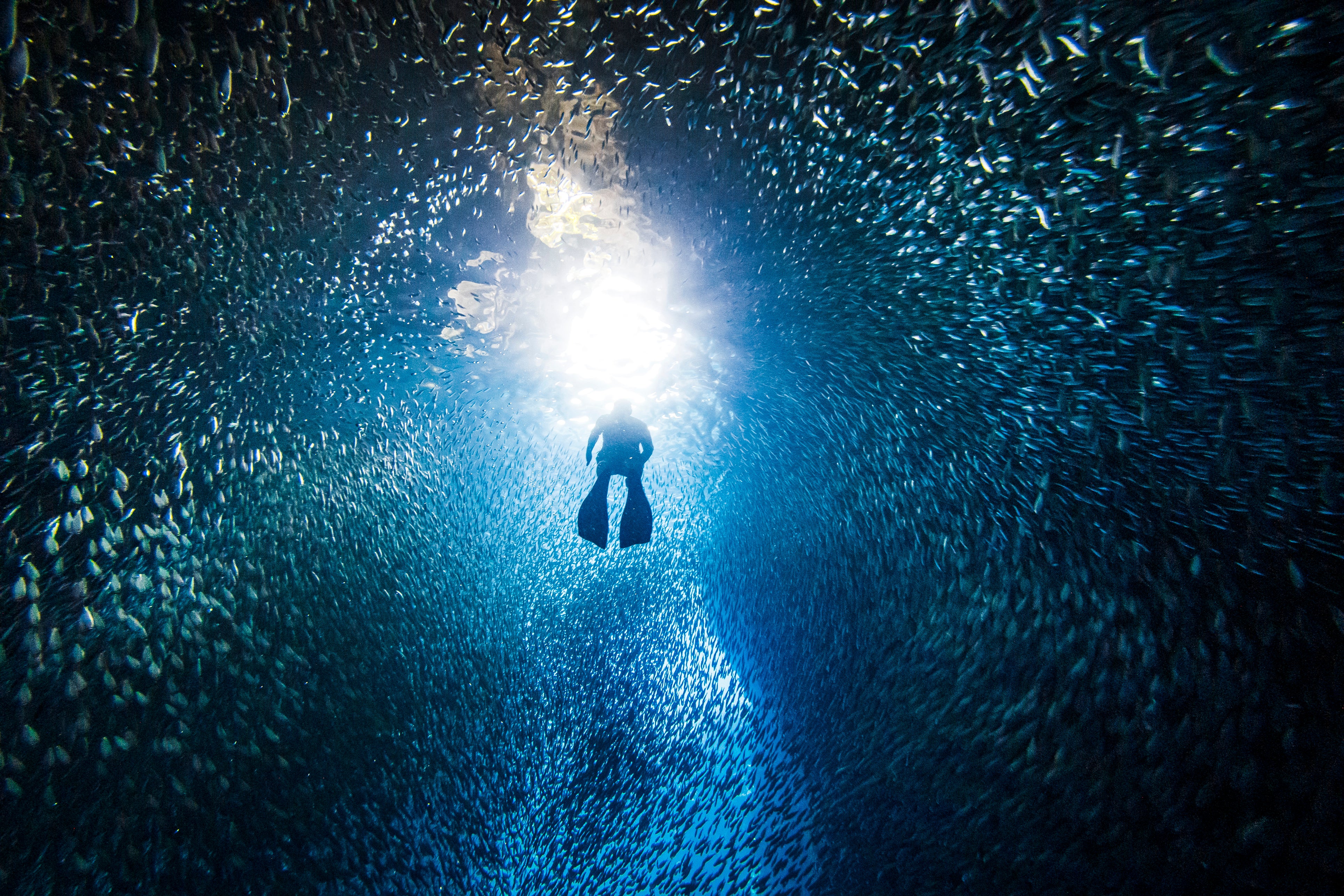We are the forgotten ones in the climate crisis, but here’s our solution
Polymetallic nodules can provide the alternative energy source we require for an abundant, scalable alternative that could prevent a low-carbon future being held to ransom by a handful of actors, writes Margo Deiye


We are the forgotten ones. In the discussions on climate change and how best to combat it, poorer countries such as mine are often overlooked. Yet we’ve already paid a heavy price for other parts of the world seeking to advance and develop.
As Barbados prime minister Mia Mottley put it, we “face double jeopardy”. Our people, land and resources were exploited to fuel the industrial revolution elsewhere, and we are now expected to bear the brunt of the destructive consequences of that industrial revolution with little support.
My nation is the small Pacific island of Nauru. Our story follows an all-too depressingly familiar path. For a century, Nauru was targeted as a rich source of phosphate. Thanks to heavy mining by the colonial powers, 80 per cent of our land has been rendered uninhabitable. As a result, we don’t have access to resources and to territory that could support our own socio-economic development. The damage to the centre of the island means we are forced to live along the shoreline, where rising sea levels threaten our freshwater supplies, our homes and ultimately our very existence.
We’re not sitting back, waiting for the rich world to fix what they created. Nauru is an active member of the global community, believing strongly that global solutions can be found to global problems such as climate change, fully committed to delivery of the United Nations’ Sustainable Development Goals.
Central to Nauru’s drive is regulation of the ocean that surrounds us, which could also help to secure a climate-safe future for all of us. The rules I’ve been preoccupied with have been drafted over the past decade by a UN body called the International Seabed Authority (ISA). When they are finalised next summer, they will provide a framework for the collection of mineral deposits called polymetallic nodules from the seafloor in a remote stretch of the Pacific, the Clarion-Clipperton Zone (CCZ).
The harvesting of these nodules – rocks about the size of a potato that lie scattered across the seabed – is often referred to as “deep-sea mining”. But, in stark contrast with land mining – which must remove material and alter the landscape to reach mineral deposits – these nodules can be lifted directly from the sea bottom.
Peer-reviewed studies repeatedly show that the impact of nodule collection on marine ecosystems pales in comparison with the impact of traditional mining on the environment.
Economists have estimated that demand for critical minerals found in these nodules and used in clean-energy technologies must rise by as much as 500 per cent by 2050 to meet climate targets. That’s because products used to reduce our carbon footprint, such as the batteries in electric vehicles, are made from these minerals. And while the impact of getting these minerals from the sea is minimal compared with land mining, there’s also a huge amount of it to go around.
Traditional mining companies are quietly rushing to survey and lay claim to areas of land in developing countries that contain these vital minerals; the coordinates for an energy future that exacerbates existing inequalities and repeats the past mistakes of colonialism are already taking shape.
The invasion of Ukraine has shown what can happen when we allow superpowers to monopolise energy supplies – and China has already cornered the market for the extraction and processing of key minerals required for decarbonisation, from Africa to southeast Asia and beyond.
To keep up to speed with all the latest opinions and comment, sign up to our free weekly Voices Dispatches newsletter by clicking here
Polymetallic nodules can provide the alternative energy source we require for an abundant, scalable alternative that could prevent a low-carbon future being held to ransom by a handful of actors.
We still need to know more about ocean ecosystems and how they might be affected, and that is why we have sponsored exploration of the CCZ.
As a new frontier for mineral extraction, nodule collection is rightly being scrutinised closely – and that gives us the chance to control it. This will be achieved not only through the ISA’s regulations, but through new technologies that allow regulators to monitor extraction in real time and the limitation of activity to designated zones of the CCZ.
We can take a first step across this threshold, using the guardrails of a robust regulatory framework to steady us. The prize, of regulated nodule collection, is clear – not only for countries such as Nauru, but for everyone.
This is a chance to act responsibly and decisively to save our planet.
Margo Deiye is permanent representative of Nauru to the United Nations






Join our commenting forum
Join thought-provoking conversations, follow other Independent readers and see their replies
Comments